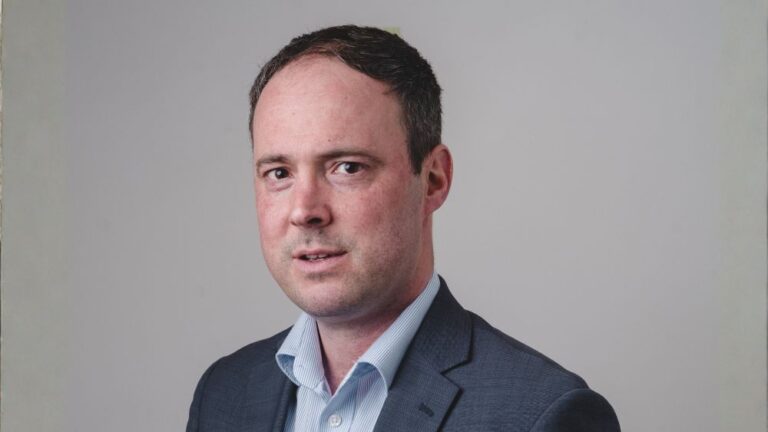
Mini-Budget 2022: National Insurance increase reversed as Health and Social Care Levy scrapped
The Emergency Statement of 17 October reversed almost all of the measures announced in the mini-budget of 23 September. However, the proposed changes to National Insurance and the scrapping of the 1.25% increase escaped the u-turns. This means that the government’s reversal of the National Insurance increase and the Health and Social Care Levy will remain benefitting millions of people and businesses. It needs to be noted though that the 1.25% increase in dividend tax, which also took effect in April 2022, will remain in place.
In a widely trailed move, the Government has announced their intention to reverse the National Insurance (NI) rate increases that came in to effect earlier this year.
As a recap, the NI rates were temporarily increased in April 2022 by 1.25% – from 13.8% to 15.05% for employers, and from 12% to 13.25% for employees paying NI over the primary threshold, and from 2% to 3.25% for employees paying NI over the upper earnings limit.
This temporary increase was due to be replaced by the Health and Social Care Levy from April 2023, whereby NI rates would revert to their previous levels, but an additional 1.25% would be levied separately. The net effect of the changes due to take effect from April 2023 would have been zero, however employers would have had to show the levy separately on employees’ payslips, and this additional levy was meant to be ringfenced to help fund the NHS and social care rather than going into the general NI pot.
Former Chancellor Rishi Sunak subsequently announced an additional change to the NI primary threshold, which came into effect in July 2022. This increased the point at which NI is to be paid in line with tax thresholds. As a result, NI is only paid on earnings above £12,570 (previously it was £9,880), the same as the personal tax-free allowance.
This change helped offset the 1.25% rate increase from April 2022, and was a direct response to the cost of living crisis. Workers on lower incomes were better off as a result of the change to the threshold, and only those earning over c.£35,000 would end up paying more NI.
National Insurance increase due to be reversed from 6 November
The Government has now announced that the increase to NI rates that took effect in April 2022 are set to be reversed from 6 November 2022 (as was already due to happen from April 2023). This means NI rates will return to the levels of the past few years.
The increased NI thresholds are not being altered, though. This should mean that all workers will now be better off, as NI is not paid until the (increased) earnings threshold is met, and above that threshold it will again be paid at the lower, pre-April 2022 rate.
Additionally, the Health and Social Care Levy is to be scrapped, which the Government says “will help almost 28 million people across the UK keep more of what they earn, worth an extra £330 on average in 2023-24, with an additional saving of around £135 on average this year”.
This is positive news for employers, with the Government claiming “920,000 businesses are set to save almost £10,000 on average next year thanks to the change”. The chancellor (Kwasi Kwarteng) has confirmed that “funding for health and social care services will be protected and will remain at the same level as if the levy were in place”. The levy was originally expected to raise an additional £13bn a year, so it will be interesting to see how the Government is intending to pay for this. It is expected that this will be funded by additional borrowing.
On a simpler note, employees will receive more money in their pockets thanks to reduced NI deductions from their wages. Employers will also save money by having to pay a lower employer’s NIC rate on employee pay, as well as on any benefits in kind.
Many employers have been considering making additional payments to employees in response to the cost of living crisis. It would be wise to hold off making these payments until the NI rate increase is reversed from 6 November, to take advantage of the lower NI rates.
Read more analysis in our mini-Budget hub.
Written by











